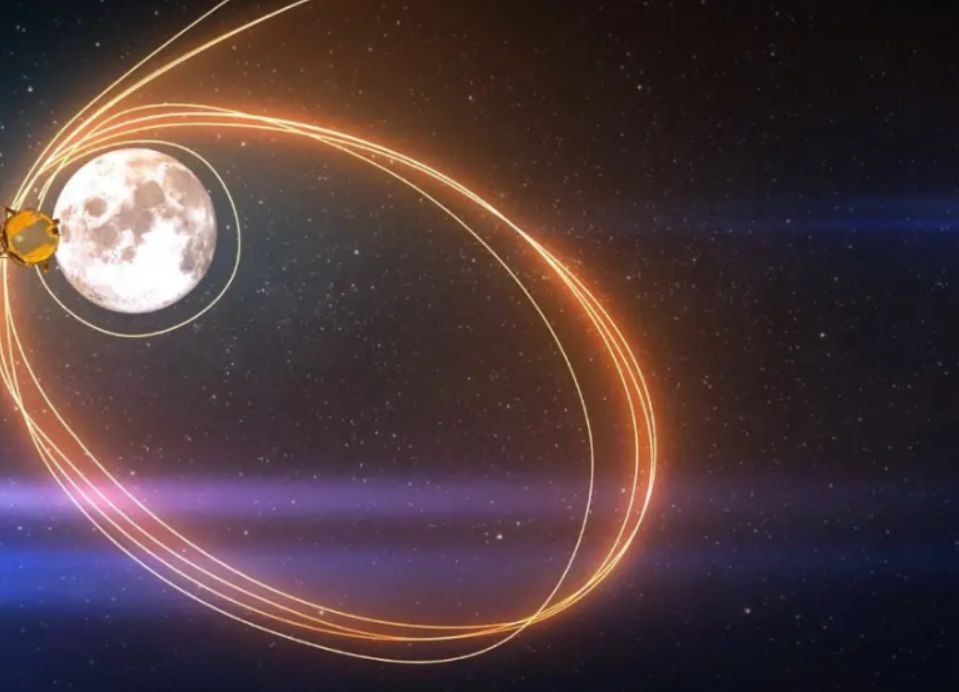As Israel’s Beresheet spacecraft ventures through space on its historic mission to the moon, it is motivating the country’s next generation of scientists to discover new ways to conquer the world and beyond, Trend reports referring to The Jerusalem Post.
Some were among the 54 Israelis who recently took part in the 22nd Young Scientists and Developers Competition at the Bloomfield Science Museum in Jerusalem, an annual event that presents projects in a wide array of fields, including physics, history, chemistry and health sciences.
The contest, sponsored by the Goren-Monti-Ferrari Family, is part of the European Union’s Horizon 2020 research and development program, which aims to boost collaboration between young Israeli and European scientists.
Among the prizes up for grabs were several academic scholarships as well as opportunities to present research at prestigious international events, such as the Intel-ISEF competition in the US, a science camp in Germany, the International Swiss Talent Forum and the EU’s Contest for Young Scientists in Bulgaria.
This year’s event came close on the heels of Israel’s space mission, Beresheet, which was launched toward the moon last month from Cape Canaveral in Florida. In fact, Yonatan Weintraub, one of the co-founders of SpaceIL, which manufactured the lunar vehicle, won the contest in his youth.
“Speaking of excellence and perseverance, if I recall correctly, he competed several times and only won on his third try,” Hamutal Lotan, coordinator of the competition, told The Media Line.
“I think Beresheet’s journey is exciting for everyone, especially for those involved in the sciences and technology,” she continued. “The drive to go as far as possible and to challenge ourselves reminds me of what students are doing today.”
It seems Weintraub’s siblings are following in his footsteps. A younger brother carried the family torch by participating in this year’s competition. Tommy Weintraub, 17, won a special prize worth $850 as well as an entry to Intel-ISEF for his project exploring the ways artificial intelligence can help create music.
“The goal of my project is to create musical chords that correspond to a given song using an algorithm,” he explained to The Media Line. “I think Beresheet has led people to think, ‘Wow, here is something someone – an Israeli – created.’ It shows children that they, too, can reach these heights.”
Whereas Yonatan Weintraub is currently abroad in the United States overseeing the Israeli space venture, their sister, Naama, a medical researcher, came to lend moral support.
Naama told The Media Line that their parents had long encouraged them to be curious about the world and to ask questions.
“Yonatan and I used to play in the yard as children,” she recounted. “From a young age, he was very curious to know about the aerodynamics of things in motion. He would try to calculate the trajectory of objects we used to throw, and figure out where they would land. In my view, this is how SpaceIL started.”
Israel’s foray into outer space had clearly excited other young scientists at the competition.
“One of the founders of SpaceIL participated in this competition himself,” Shelly Cohen, an 18-year-old finalist who created a device using a near-infrared scanner to locate blood veins, told The Media Line. “To see that someone once in my position is now launching a spacecraft really inspires me.”
Aviad Gwali and Daniel Markovich, two of the first-place winners who will receive academic scholarships, concurred with that sentiment. The duo developed hybrid electrochemical components that help combine batteries and capacitors, thereby shortening the time needed to charge them.
“In my opinion, all the research and development in the space industry really motivated us and other young scientists,” Gwali told The Media Line. “It also gave us ideas.”
Just as other nations have done, “Israel can also make it to the moon, so nobody can tell us the sky is the limit,” Markovich stated.
A joint venture between SpaceIL and the state-owned Israel Aerospace Industries (IAI), the $100 million lunar probe was funded almost entirely through private donations from Jewish philanthropists. If Beresheet completes its mission as planned and successfully lands on the moon on April 11, Israel will become only the fourth country in the world to do this, after the United States, Russia and China.
“When the U.S. started sending missions to the moon, more and more students began to study the field,” Lotan related. “It helped to develop research in everything related to flying in space. I’m sure the same will happen here in Israel.”






